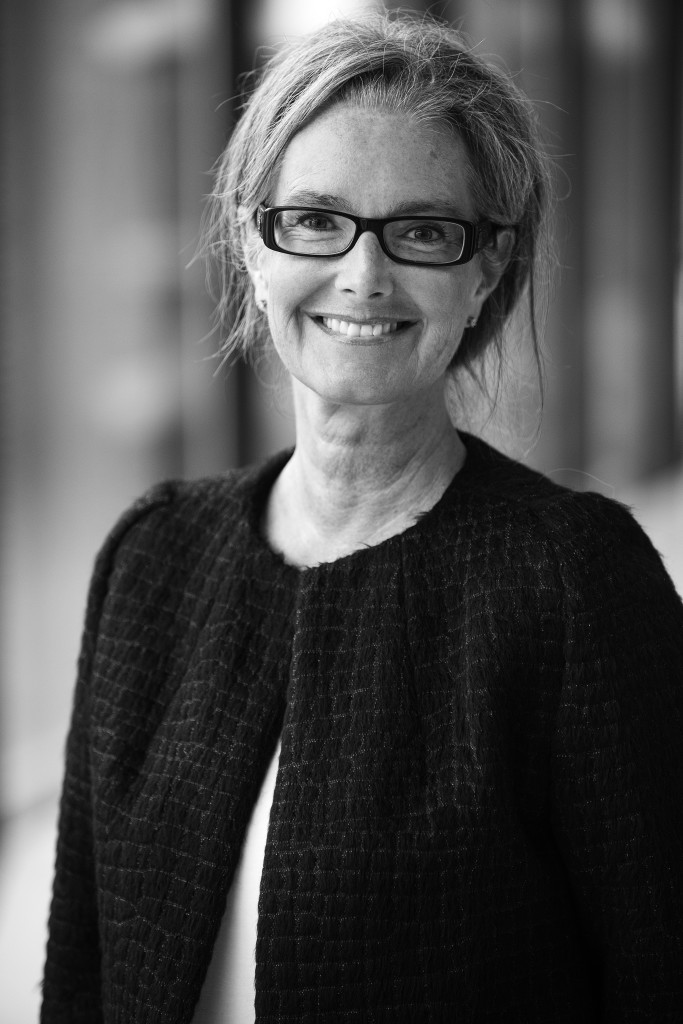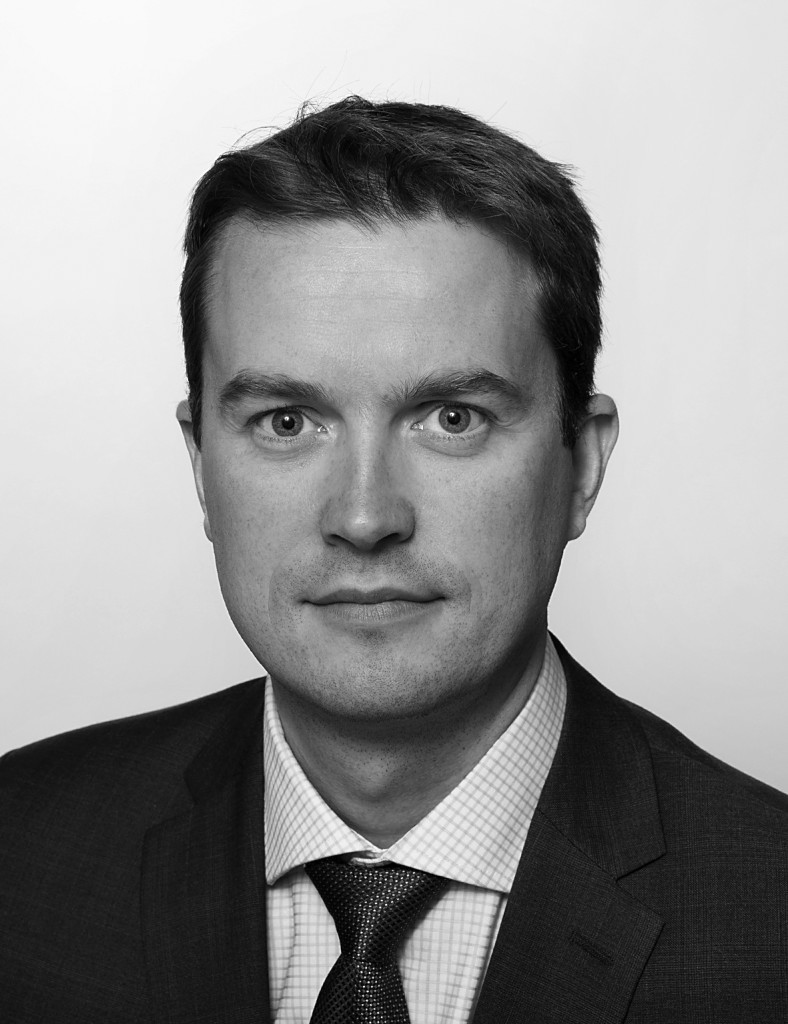(THIS ARTICLE IS MACHINE TRANSLATED by Google from Norwegian)
The Right Sector organization is headed by Dmitry Jarosh, who has also been appointed adviser to the Ukrainian General Staff. The movement draws on historical ancestors of the Ukrainian Independence Army, a fascist underground army responsible for murdering tens of thousands of Poles and Jews during World War II. During the demonstrations against former President Viktor Yanukovych, the Right Sector looted several weapons stockpiles in Western Ukraine, and was at the forefront during the fighting with the police. Jarosh was also one of the strong contributors during the regime change itself.
21. In February last year, an agreement was signed between Yanukovych and the parliamentary opposition. The agreement meant that a unifying government should be formed that would end the violence and administer the country until a speedy new election. But when the opposition leaders presented the agreement to Maidan, they were bowed out by the protesters – whereupon Jarosh took the stage and demanded that the agreement be rejected, that Yanukovych had to be deposed and that the pro-Russian Regions and Communist Party be banned.
Dissension. Yanukovych had to flee, and a new government was formed consisting of the conservative Fatherland Party and the fascist Svoboda. Svoboda's leader Oleh Tyahnybok is known to have stated that Ukraine is ruled by a "Russian-Jewish mafia", while MP Yuriy Mykhalchyshyn has referred to the Holocaust as "a light period in history". In the new government, Svoboda got four ministers, including the Minister of Defense and Deputy Prime Minister. On the other hand, both the pro-Russian parties, the Regions Party and the Communist Party, which had won 30 and 13 per cent respectively of the votes in the last parliamentary elections, were excluded. Contrary to the agreement of February 21, 2014, no national unity government was formed, but a government for national division. In light of the facts, it was therefore quite startling that in March 2014 Foreign Minister Børge Brende referred to NRK the new government as "a good and representative government" and "a government we can work with". However, Svoboda disappeared from the government after coming under the threshold of the parliamentary elections in October.
Right-wing violence. The activities of the Regional Party and the Communist Party have been banned in several regions of western Ukraine. Prime Minister Yatsenyuk's government has also taken the initiative to ban the Communist Party on a national basis. On 22 July 2014, the parliament passed a new law that gave the president the right to dissolve parliamentary factions, which some of the representatives have resigned from after the election. The Communist faction in parliament was forcibly dissolved two days later. On May 15 this year, it was decided to ban communist symbols, and on July 24, the Ministry of Justice declared that the Communists would not be allowed to run lists in the upcoming local elections. The government is also pursuing a case to ban the party, which has so far been rejected in court. In an appeal that was printed in the Class Struggle in June this year, the Communist Party's Eugene Tsarkov claims that their members are subjected to arbitrary arrests and torture.
Following the ouster of Yanukovych, the Communist Party's headquarters in Kiev were occupied and later set on fire by the fascist militia C14, while the Conservatives attacked their offices in Rivna and Odessa. The right-wing sector has also been behind several physical attacks on politicians from the opposition bloc in Odessa, Kharkiv and Lviv, which in some cases have led to serious injuries. The right-wing sector was among the most eager participants in the attacks on the protest camp outside the Trade Union House in Odessa on May 2, 2014, which ended with 42 government opponents burning to death. On its website, the organization described this as a "successful counter-terrorism operation". In the past year, thirteen prominent Ukrainian opposition figures have also been found dead under unclear circumstances, including former MP Oleg Kalashnikov and journalist Oles Buzina, who were shot dead in Kiev on April 15 and 16, respectively. Two people with connections to the Conservative sector and C14 have been arrested for the murder on Buzina.


Requires new revolution. When the regular Ukrainian army was sent to quell the incipient uprising in eastern Ukraine in April last year, many of them chose to desert. A number of "voluntary battalions" then arose, all of which except the Conservative sector are now part of the state National Guard. Among these we also find the Svoboda-affiliated Sich battalion, the neo-Nazi Azov battalion and the very nationalist Aidar battalion, with a total of around 1500 soldiers. Amnesty International has accused both Aidar and the Conservatives of kidnapping and torturing civilians.
On July 3 this year, several hundred soldiers affiliated with the Conservatives, Aidar and Azov demonstrated in Kiev demanding the resumption of the war against the rebels in eastern Ukraine. On July 11, there was an exchange of fire between Ukrainian police and the Conservative Party in Mukacheve in the far west of Ukraine, killing at least three and wounding eleven. In the aftermath of the shooting, President Poroshenko declared that all illegal groups must be disarmed and that no political group should have the right to operate with armed cells. Jarosh has responded by demanding a referendum to put President Poroshenko on trial and impose a state of emergency, then resume the war in eastern Ukraine.
It was startling that in March 2014, Foreign Minister Børge Brende described the new government as "a good and representative government".
Recent polls show that 55 and 67 percent of Ukrainians, respectively, are dissatisfied with President Poroshenko and Prime Minister Yatsenyuk – but at the same time a clear majority of the population is in favor of resolving the situation in eastern Ukraine through peaceful negotiations, and only 5,4 percent say they will vote for the Right sector. But among the soldiers, many have a deep respect for the organization, at the same time as they are very frustrated with the military, political and economic situation. In October last year, the leader of the Dnieper-1 battalion threatened the authorities with a military coup. Right-wing spokesman Artem Skoropadsky told the Voice of America: "If there is a new revolution, President Poroshenko and his colleagues will not be able to sneak away like the previous president. They can expect nothing more than to be executed in a dark alley. " Skoporadsky claims that the Conservative sector can mobilize up to 10 soldiers if necessary.
Norway's reactions. Norway allocated NOK 200 million in support to Ukraine last year, and NOK 310 million this year. Last year, Norway also donated 77 combat rations to Ukraine, and military experts have contributed consultations on various homeland security models for the development of the National Guard.
Ny Tid asked the Ministry of Defense if Norway has reserved itself against cooperating with the far-right battalions. "Defense co-operation does not contain any activities that mean that Norway will be able to be involved in direct co-operation with Ukrainian units participating in the counter-terrorism operation inside the Donbass," answers special adviser Birgitte Frisch.
Foreign Secretary Bård Glad Pedersen says that Norway has on several occasions raised the importance of effective and credible law enforcement. "Support for judicial sector reform is therefore also one of the pillars of the Government's support package for Ukraine," Pedersen writes in an email to Ny Tid. He also points out that international institutions such as the OSCE Media Freedom Representative have provided critical input to the process and content. "We expect the Ukrainian authorities to take this into account," he said.
When asked about the Ministry of Defense's view of the Conservative sector, Pedersen answers that disarmament of these formations is obviously demanding and will take time. "However, their success is a prerequisite not only for fulfilling the obligations in the Minsk package, but for creating fertile ground for a more democratic and prosperous Ukraine," says Pedersen.
Storaker is a member of the international committee in Rødt and a regular contributor to Ny Tid.

